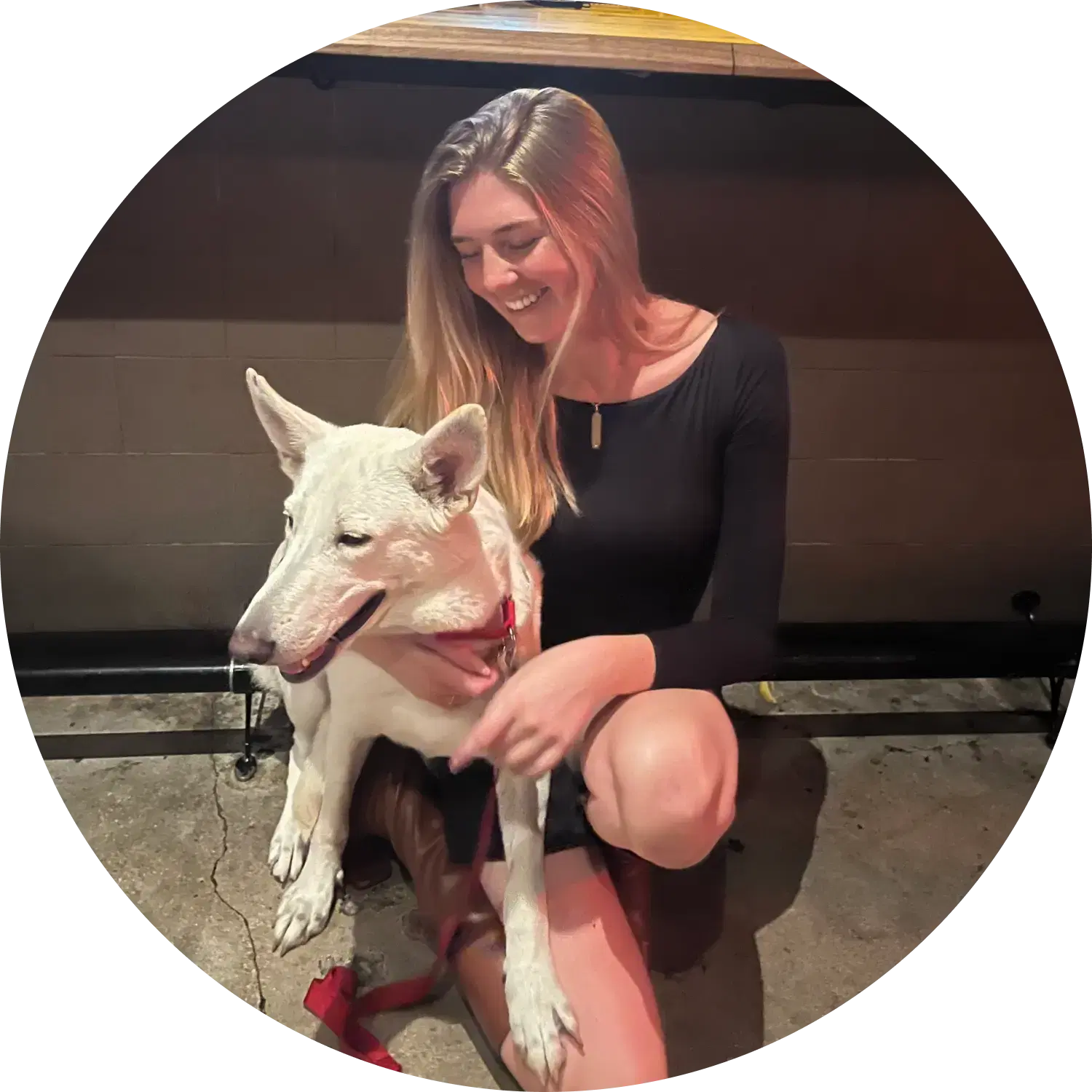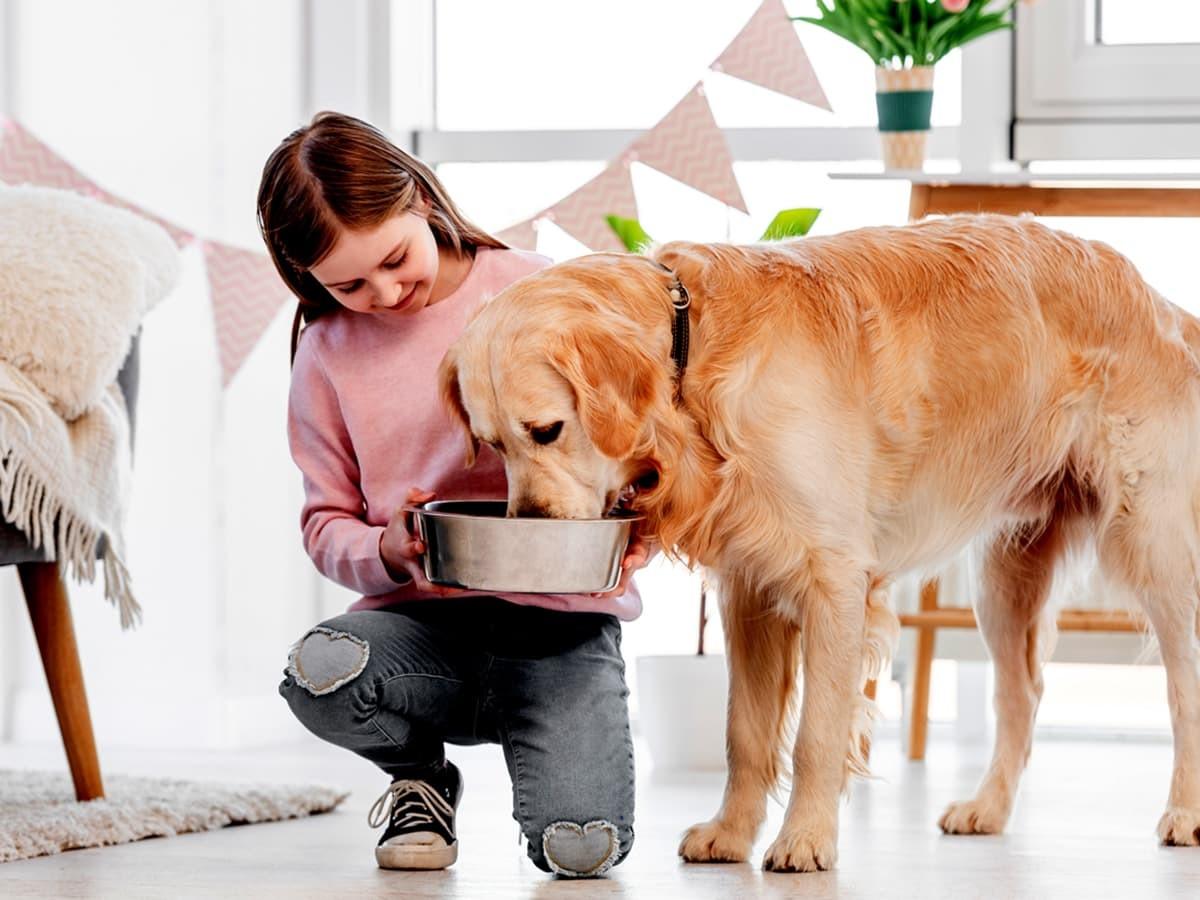Originated in South America, butter beans are large and creamy beans which are rich in vitamins and minerals. Humans have benefited largely by these beans, both taste wise and health wise. Curries, kurma, butter bean masala, and hundreds os other dished have been made with these beans, which are also known as ‘lima beans’. Now given their good taste and great health benefits, are they the same for dogs? The answer is Yes!
Do Dogs like Butter Beans?
With their smooth, creamy texture and mild, buttery flavor, butter beans can make a surprisingly tasty treat for dogs. When given as a reward during training or for good behavior, your pup will likely enjoy them so much that they’ll be eager to earn another.
Are Butter Beans Good for Dogs?
One of the best things about butter beans is that they’re naturally low in fat, making them a healthy option for many dogs, especially those prone to obesity or diabetes. Packed with protein, vitamins, and minerals, they can be considered a “superfood” when served in moderation.
Lima beans (another name for butter beans) are also high in fiber and a great source of carbohydrates to help maintain your dog’s energy levels. Low in calories but rich in folate, starch, and iron, they can make an excellent occasional treat.
Here’s a closer look at the nutrients in butter beans and their benefits for your dog:
Vitamins: Support healthy eyesight, especially in older dogs, by helping prevent cataracts, night blindness, and dry eyes. They also assist with bone growth, reproduction, cell health, immune function, and skin maintenance.
Proteins: Essential for repairing muscles and body tissues. Butter beans are a plant-based source of protein and also contain potassium, which supports healthy nerves and muscles.
Folate (Vitamin B9): Aids in DNA synthesis and red blood cell production, supporting normal metabolic functions.
Starch (Carbohydrates): Provides a steady source of energy to keep your dog active and alert throughout the day — especially during playtime or training.
Iron: Helps red blood cells carry oxygen throughout the body and supports energy production and proper enzyme function.
All in all, butter beans are nutrient-dense and can offer a variety of benefits, but that doesn’t mean your dog should eat them in large amounts. Moderation is key. Too many butter beans can lead to digestive upset or excess carbohydrate intake, so it’s best to offer them occasionally as a healthy snack, not a daily staple.
How Many Butter Beans Can A Dog Have?
Butter beans should be treated as an occasional snack, not a staple in your dog’s diet. Ideally, they shouldn’t make up more than 10% of your dog’s daily food intake. Here’s a simple guide based on your dog’s size:
Extra-small dog (2-20 lbs.) = 1-2 small pieces of butter beans
Examples: Yorkies, Chihuahuas, Pomeranians, Pugs
Small dog (21-30 lbs.) = 2-3 small pieces of butter beans
Examples: Basenjis, Beagles, Miniature Australian Shepherds
Medium dog (31-50 lbs.) = 5-6 small pieces of butter beans
Large dog (51-90 lbs.) = Small handful of butter bean pieces
Examples: Pit Bulls, German Shepherds, Labrador Retrievers, Australian Shepherds
Extra-large dog (91+ lbs.) = Small handful of butter bean pieces
Examples: Newfoundlands, Bernese Mountain Dogs, St. Bernards, Great Pyrenees
How to Feed Butter Beans to Your Dog
Butter beans can be a nutritious addition to your dog’s diet when prepared properly. However, there are a few precautions you should take before serving them:
Soak them – Make sure you soak the beans in clean water overnight and then cook them the next day.
Thoroughly cooked – Raw butter beans contain hydrocyanic acid, which is toxic. Cooking destroys this compound, making the beans safe to eat.
Plain is the only way – Dogs’ stomachs are sensitive to seasonings, so avoid adding salt, butter, oil, or spices.
Occasional treat – Despite their nutritional benefits, butter beans should only be given occasionally for good behavior or as a special snack.
Avoid canned beans – Canned butter beans often contain excess sodium and preservatives that can be harmful to dogs.
Cut into small pieces – Small portions reduce choking risks and make digestion easier.
Be ready to enjoy a ton of love in the form of licks after your dog licks off the bowl!
Once your pup finishes their treat, be prepared for lots of happy licks and tail wags! Just remember, more butter beans doesn’t mean more love. Overfeeding can lead to digestive issues.
What Happens if Your Dog Eats Too Many or Uncooked Butter Beans?
If your dog sneaks some raw butter beans while you’re distracted—whether you’re getting ready for a date, working on a presentation, or just feeling extra generous—keep an eye out for these possible signs of an upset stomach:
Conclusion
Butter beans can make for a great addition to your dog’s diet, so long as it is in moderation. If anything, it makes for a delicious snack that packs a nutritional punch for your pooch. Which beans can your dog eat? In addition to butter beans, they can also eat garbanzo beans, pinto beans, black beans, black-eyed beans, green beans, and more. They offer a plethora of health benefits that can be beneficial to your dog’s diet.
Keep it plain and simple when it comes to Butter Beans and use them as an occasional treat for a good training session or good behavior for your dog and you’re good to go. You can blend and mix it with rice and a meat protein for a homemade meal.
Happy Mood and Health to your Doggo and lots of Love and Licks to you!

The resident animal enthusiast at Spot. I have a lifetime of pet parent experience. If it has fur, feathers, or scales, I’ve probably shared my home with it. I aim to be a reliable source, blending experience with a dedication to the well-being of pets.
Saylor, April. "Can Dogs Eat Beans?" PetMD, 09 May 2023, https://www.petmd.com/dog/nutrition/can-dogs-eat-beans.
Pet Expert Team. "Can Dogs Eat Beans? A Guide to Safety." Purina, 28 Jul. 2025, https://www.purina.com/articles/dog/feeding/can-dogs-eat/beans.
Leeson, Janelle. "Everything You Need To Know Before Giving Your Dog Beans." The Dog People by Rover, 13 Feb. 2025, https://www.rover.com/blog/can-dogs-eat-beans/.
The information presented in this article is for educational and informational purposes only and does not constitute or substitute for the advice of your veterinarian.












